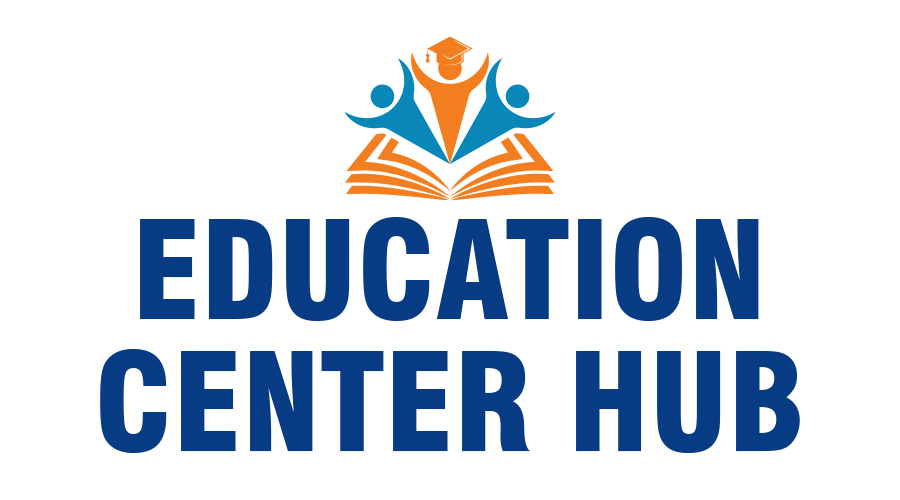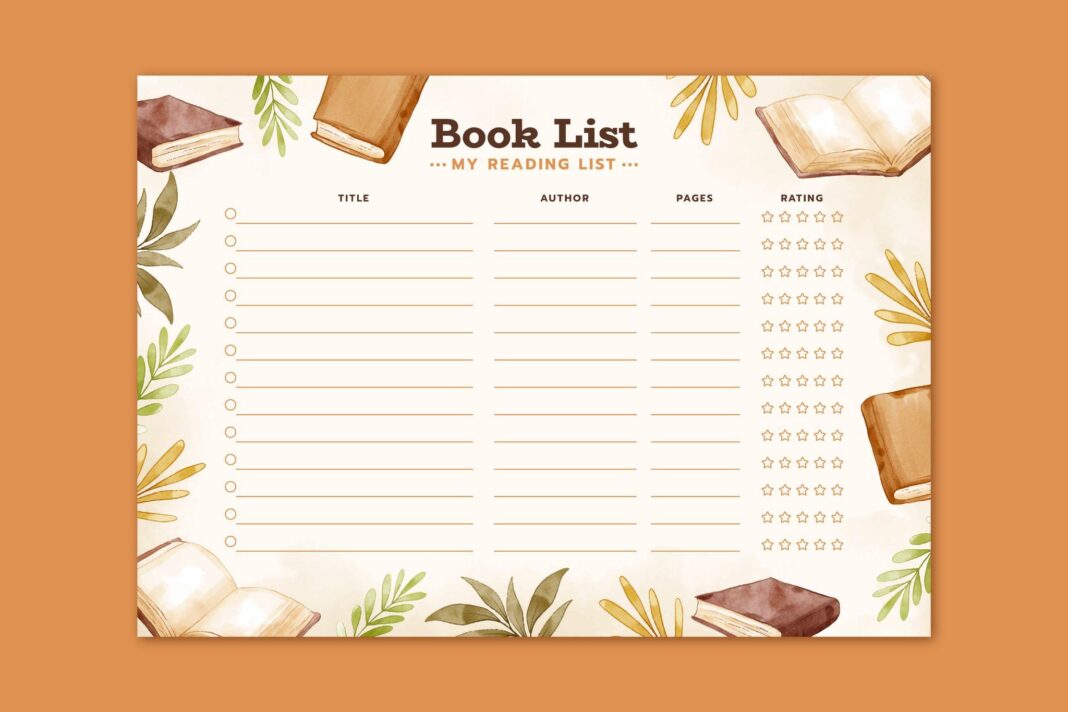For many avid readers, books are more than just entertainment; they’re companions, teachers, and portals to other worlds. Yet, in the busy pace of everyday life, it’s easy to lose track of what you’ve read, what you want to read, and how much progress you’ve made in your reading goals.
That’s where tools and methods designed to help readers stay organized come into play. A book reading tracker is one such tool that allows readers to log their progress, manage reading lists, and gain insights into their reading habits.
The rise of reading trackers has brought a structured yet enjoyable way to engage with literature. Whether in the form of mobile apps, digital spreadsheets, or printable journals, they help book lovers manage their time and make reading more intentional and rewarding.
Keeping a Record of What You Read
One of the most immediate benefits of a reading tracker is its ability to serve as a personal log of your literary journey. Readers often forget the details of books they’ve finished, plot twists, favorite quotes, or even entire titles slip from memory over time. With a tracker, you can record every book you’ve read along with the date, genre, author, and personal reflections.
This record becomes a personal library archive that you can revisit anytime. It’s also a helpful resource when recommending books to friends or discussing your favorite reads in book clubs. Beyond nostalgia, having a clear record fosters a sense of accomplishment and motivates you to keep reading.
Setting and Achieving Reading Goals
Many people aspire to read more but struggle to stay consistent. A reading tracker turns those vague ambitions into tangible, achievable goals. You can set annual, monthly, or even weekly targets, whether that means finishing 12 books in a year or reading 20 minutes a day.
Tracking your progress visually is especially motivating. Seeing how many books you’ve completed or how close you are to reaching your goal provides a sense of momentum. It transforms reading from a casual pastime into a rewarding practice, encouraging personal growth. For students, professionals, or lifelong learners, this goal-oriented approach makes reading an intentional habit rather than a sporadic activity.
Discovering Patterns in Your Reading Habits
One fascinating feature of using a tracker is the ability to identify patterns in your reading life. Do you tend to read more fiction than nonfiction? Are you drawn to specific authors, periods, or genres? By recording details about your reading choices, you can see trends that reflect your preferences and biases.
This insight can encourage you to diversify your reading list. For example, if you notice you’ve only been reading fantasy novels, you might challenge yourself with biographies or classic literature. The ability to analyze your habits not only deepens your self-awareness but also broadens your literary horizons.
Enhancing Accountability and Discipline
A book reading tracker also serves as a form of accountability. Just like fitness trackers motivate people to stick to exercise routines, a reading tracker encourages you to prioritize reading time. When you can see in precise numbers how much progress you’ve made, or how little, it’s easier to stay disciplined.
This accountability is beneficial in group settings. In book clubs or classroom environments, trackers can be used collectively to ensure everyone stays on the same page, literally and figuratively. Teachers, for instance, often encourage students to track their reading progress to develop consistency and responsibility.
Making Reading More Interactive and Enjoyable
While reading is often seen as a solitary activity, using a tracker makes the experience more interactive. Some trackers include progress charts, star ratings, or the ability to add personal notes and reflections. Others allow you to share your reading journey with friends or fellow readers online, making reading more social and engaging.
- Adding reviews or star ratings lets you remember what you enjoyed about each book.
- Including favorite quotes preserves memorable lines that you can revisit later.
- Sharing progress on social platforms or with friends fosters conversation and recommendations.
These interactive elements make reading not just about consuming books but about actively engaging with them meaningfully.
Boosting Productivity and Time Management
One challenge for readers with busy schedules is making time to read. A tracker helps you see how much time you dedicate to the activity. By logging minutes spent reading or pages completed, you gain a clearer picture of your habits.
This can reveal surprising insights. You may spend more time scrolling on your phone than finishing that novel on your shelf. Once you see the numbers, it becomes easier to adjust priorities. In this sense, a reading tracker isn’t just about books; it’s a productivity tool that helps you carve out time for something that enriches your life.
Encouraging Lifelong Learning
The benefits of reading don’t end with entertainment. Books expose us to new ideas, cultures, and perspectives. By tracking your reading, you make this process of lifelong learning more deliberate. You can ensure you’re balancing leisure reads with educational or professional books.
For students and professionals, this is especially valuable. A tracker helps you measure not only the quantity but also the quality of your reading. Over time, your log reflects a diverse and well-rounded intellectual journey that shows your commitment to growth and continuous learning.
Bringing It All Together
Suppose you’re looking for creative ways to start or enhance your reading tracker. In that case, creative spaces like Fonts n Fables provide beautifully designed templates and tools that combine practicality with aesthetic appeal. Whether you prefer printable trackers, digital journals, or themed reading logs, their resources help you bring order and joy to your reading journey. Using a tracker, you don’t just read, you grow, reflect, and celebrate your love for books in a way that lasts.
Ultimately, a book reading tracker is more than just a tool; it’s a companion for your literary life. It helps you remember what you’ve read, stay motivated with goals, discover new patterns, and make reading a consistent and enjoyable habit. Beyond organization, it fosters accountability, boosts productivity, and encourages lifelong learning. A tracker offers structure and inspiration for anyone considering reading an essential part of their personal or professional life.

